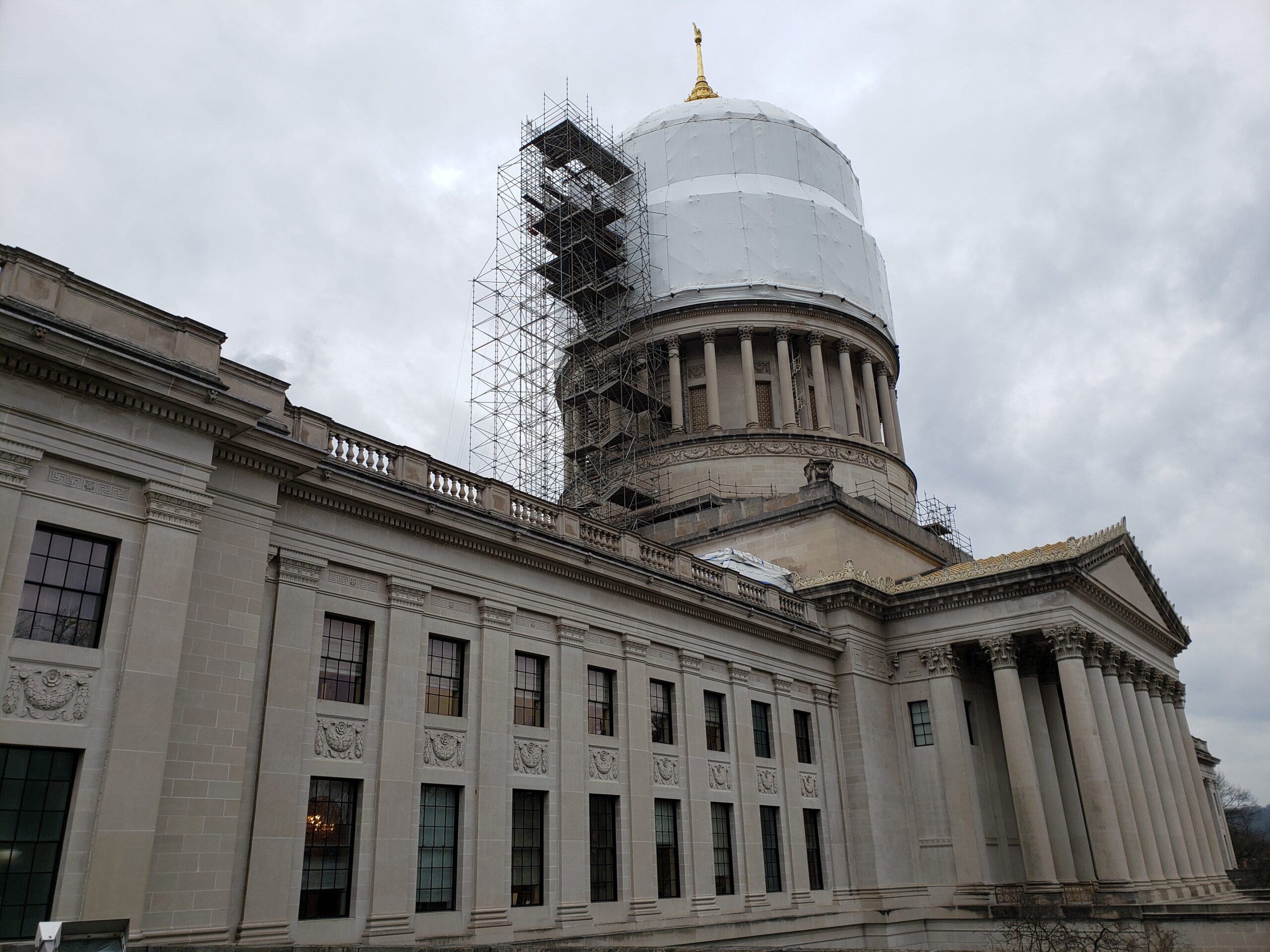MORGANTOWN — The House Judiciary Committee held a public hearing Wednesday morning on the Senate resolution to call on Congress to call a convention to propose a constitutional amendment setting congressional term limits.
Only nine people turned out. The faces were familiar. The arguments were familiar. Seven opposed it; two favored it.
Committee chair John Shott, R-Mercer, told members and the speakers that he won’t be in a hurry to take up the resolution, SCR 4 – maybe late next week or early the following week, which is the last week of the session.
Article V of the U.S. Constitution allows two options for amending the Constitution: either by Congress on its own initiative or by application by the states to Congress. Either method requires ratification by the states.
The method in question in SCR 4 is the second. It lets two-thirds of the states (34 now) apply to Congress to call a convention to propose amendments. Any amendments that come out of that convention must be approved by either three-fourths of the state legislatures (38 now) or by conventions in three-fourths of the states.
SCR 4 applies to Congress to call a convention – when the appropriate two-thirds threshold is reached – for the sole purpose of term limits. It specifies that this question would not be aggregated with any other applications on any other subject.
Ted Boettner, executive director of the West Virginia Center on Budget & Policy, summarized the views of the seven opponents. There has been no convention since 1787, he said, when the convention called to revise the Articles of Confederation morphed to produce a different government under the current Constitution.
“This would be an unprecedented step that would endanger many of the freedoms and rights in our Constitution,” he said. It could put the whole Constitution up for grabs. No one knows how it would operate and there are no pre-set rules in place.
Julie Archer, representing the League of Women Voters, added that procedural safeguards would have to be put in place to control and limit the debate.
Joseph Cohen, executive director of West Virginia’s chapter of the American Civil Liberties Union, wondered how states would be represented at a convention. Would it be one vote per state, or based on population, or something else?
And Gary Zuckett, with West Virginia Citizen Action Group, said there’s merit to long congressional terms. Long-serving lawmakers gain experience and power and can help their constituents. He cited such West Virginia figures as Rep. Ken Hechler and Sens. Jay Rockefeller and Robert Byrd.
“We already have term limits,” he said. “They call it elections.”
The national lobbying organization U.S. Term Limits says 13 states have approved this application as part of a multi-subject application, while three others have approved single-subject applications like SCR 4. SCR 4 is drawn from U.S. Term Limits’ model application.
The two who supported SCR 4 both represent U.S. Term Limits.
Aaron Dukette is Kentucky and West Virginia state director. He cited and oft-cited poll that says 81% of West Virginians support term limits. Term limits undercut special interests, monopolies and congressional power, he said.
They enhance voter turnout and frustrate lobbyists who have to periodically dump out the Rolodexes, he said. It’s not a silver bullet but a needed government reform.
He cited quotes from various Funders who believed an Article V convention would be limited by the call form the states. “If you think that Congress is broken please vote yes on SCR 4.”
Shanna Chamblee is legislative director. “There’s nothing to fear,” she said. “We’re using our Constitution to offer an amendment proposal that will then go back to the states and be ratified. … It is a big first step in correcting the problem.”
Tweet David Beard @dbeardtdp Email dbeard@dominionpost.com




